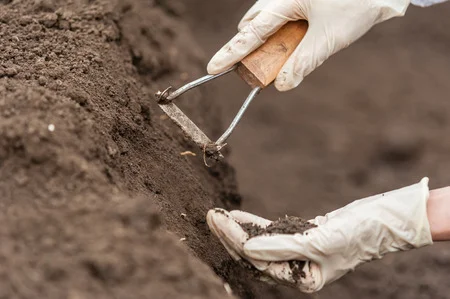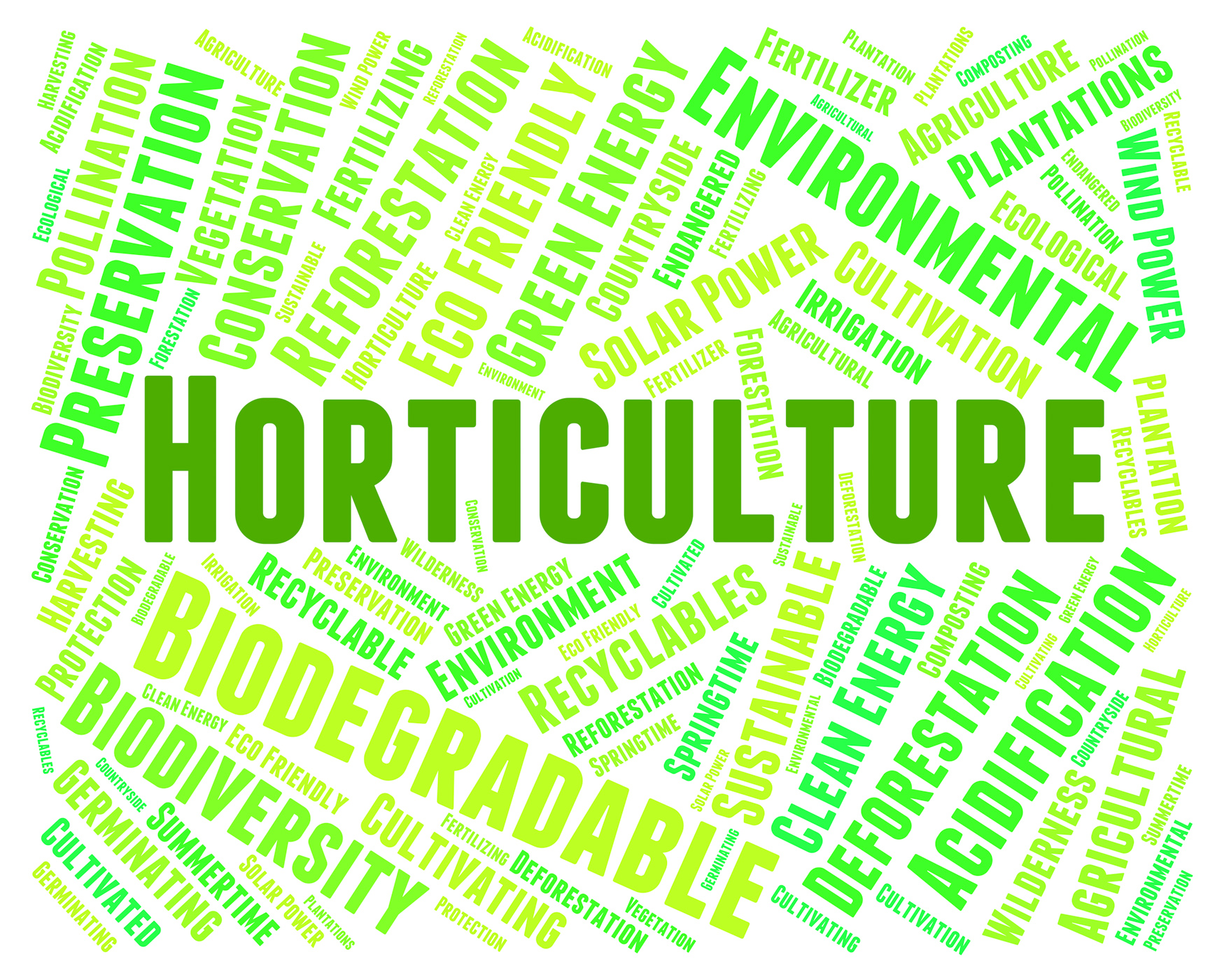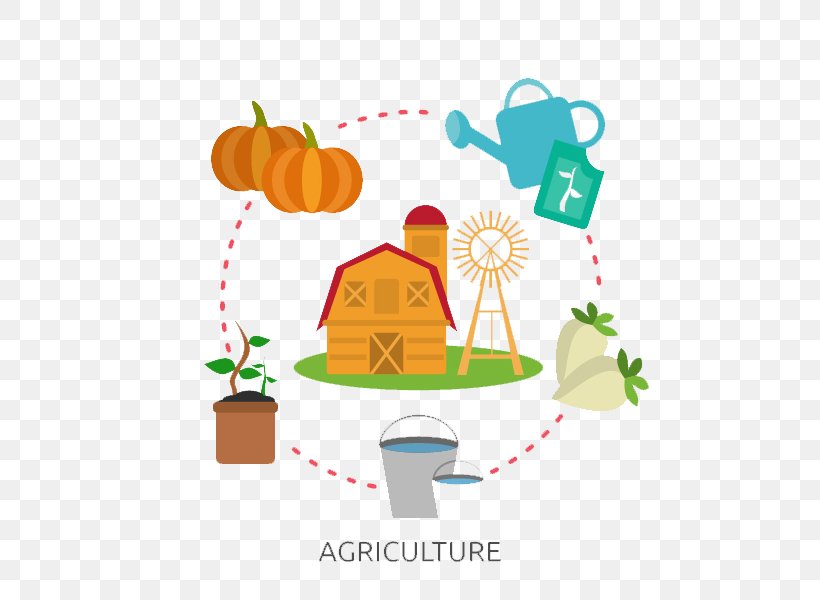Mon-Sat 9am-7pm





Fancy a scientific career where you can get your hands dirty? Well then, you’ll definitely ‘dig’ this profession (sincere apologies for those two awful puns!).
Essentially, soil scientists examine different soils from a diverse range of terrains and geographical locations in order to study their physical composition and chemical properties. This scientific work isn’t simply carried out because these people love messing around with mud – this area of science actually has many practical applications.
Indeed, soil scientists assess and evaluate the impact of certain soils on agricultural enterprises. Furthermore, their research findings are vital for investigating the feasibility of construction, landscaping, conservation, and archaeological projects.
Soil scientists are employed by private and public sector organisations, such as research and development facilities, land use and construction companies, environmental consultancies, academic institutions that are planning archaeological projects, conservation charities, and landscape design enterprises.
If you enter this profession, your work will involve a mixture of laboratory work and field investigations. You’ll be collecting soil samples, analysing them, and recording your observations. Off the back of your research findings, you’ll be writing reports, giving presentations, and attending conferences to share your conclusions with the scientific community.

| M.Sc. (Soil Science)/MSc. Soil Science & Agricultural Chemistry | |
|---|---|
| Level | Post-Graduate |
| Duration | 2 years |
| Eligibility | B.Sc. (Soil Science/Agriculture) |
| Entrance Exam | Every institution/college conduct their own entrance tests. Some of them take direct admissions on a merit basis. |
| Specialization | Agronomy, Horticulture, Plant Pathology, Food Technology, Post-Harvest, Plantation Crops, Agricultural Extension, Agricultural Economics, Plant Physiology, Entomology |
| Average Course Fee | -- |
| Mode | Regular |
| Goal | Soil Pedologist, Farm Manager, etc. |
How your career develops partly depends on the sector you work in. Promotion in most areas is based largely on experience, scientific publication, and performance. You'll be expected to have a working knowledge of most areas of soil sciences, especially if you work for a private consultancy. However, you'll probably go on to specialise in one or two areas during your career.
If you work for a non-academic research body, such as a government organisation or private sector company, you can expect promotion in your first five to ten years in the post. There are opportunities to advance within a technical role, with promotion to senior levels, or by moving into managerial roles.
There's structured career progression in higher education, and after completing a Ph.D. you can secure a postdoctoral position or a junior lectureship - moving on to a senior lectureship or a readership within five to ten years. Research-based jobs are typically for fixed periods so progression is commonly dependent on moves to other projects or organisations. A self-employment is an option with extensive experience and a specialisation.
Salaries vary depending on the sector you work in, the type of organisation you work for, and your qualifications and experience. Soil scientists operating in the private sector and working for commercial environmental consultancies typically earn more than their counterparts employed by public sector bodies or voluntary organisations.
Call us at +91 9205084085, Monday - Friday, 9 am - 7 pm


